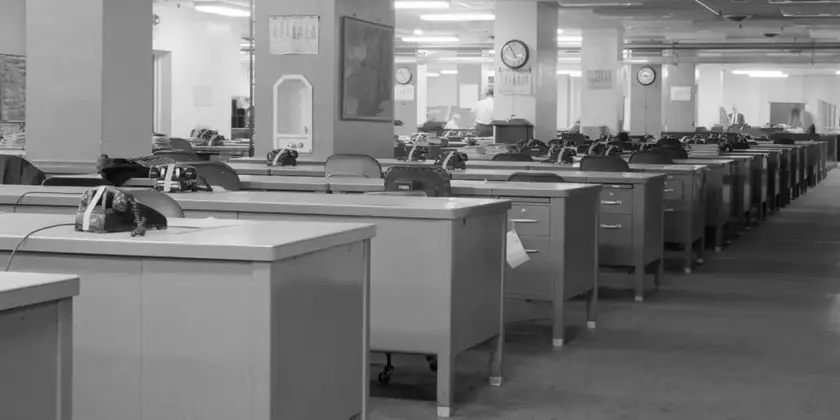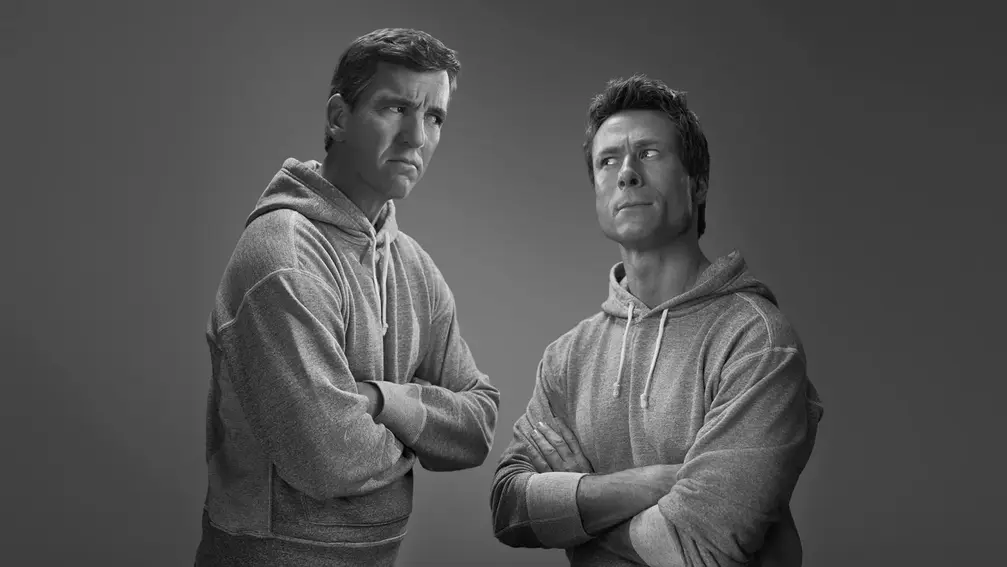T4K3.news
American Giants Face the Great Shrinking
AI driven efficiency is shrinking white collar workforces at major firms and could reshape the job market in coming years.

An editor's view on how AI driven efficiency is shrinking white collar workforces at major firms and what it means for workers and the economy.
American Giants Face the Great Shrinking
In June, Amazon CEO Andy Jassy told his 350,000 corporate staff there would be fewer of them in the near term due to AI driven efficiency. The move followed similar signals from JPMorgan, Klarna, and Ford, as leaders describe leaner operations and shrinking white collar roles. Workera founder Kian Katanforoosh says lean staffing could become the norm as AI scales, showing that even startups are pushing to stay small while growing.
The discussion also cites Live Data’s analysis of large tech firms. Microsoft, Meta, and others would face meaningful headcount reductions if automatable tasks could be offloaded to AI, though the real world makes full automation unlikely. The piece notes that transitions take time and some work requires human judgment, while new business models and faster product cycles could keep demand for talent alive in unexpected ways.
Key Takeaways
"Hiring great people, especially engineers, is one of the biggest challenges that any technology company has."
Zuckerberg notes talent pressure in tech
"The way companies are being built is just fundamentally changing right now because of AI."
Kaneko on lean startups
"They just won't hire the people that Meta and Microsoft had to hire to get to where they are."
Kaneko on hiring dynamics
"CEOs and founders are going to be so excited to get up and go to work with much smaller, more performant teams."
Ohanian on lean teams
The story frames a historic shift from the era of mega employers to a future where lean teams are the default. For decades, big firms used large staffs as a competitive edge and a path for workers to move up. AI challenges that model by making many roles more dispensable, which could bend the career ladder rather than simply shrink it. Yet the same technology that trims headcount could enable new ventures and faster growth in startups that can operate with smaller teams.
On the policy and economic front, the question is whether gains from automation will create new jobs or merely substitute for existing work. Economist Carl Benedikt Frey argues that productivity gains often come from new activities that previously didn’t exist. If firms use AI to do the same work with fewer people, the economy risks stagnation. If instead AI unlocks new capabilities and industries, workers may find fresh opportunities in areas we cannot yet imagine.
Highlights
- Hiring great people, especially engineers, is one of the biggest challenges that any technology company has.
- The way companies are being built is just fundamentally changing right now because of AI.
- They just won't hire the people that Meta and Microsoft had to hire to get to where they are.
- CEOs and founders are going to be so excited to get up and go to work with much smaller, more performant teams.
Potential political and public reaction risks
The piece discusses layoffs and AI driven changes that could provoke political backlash, investor concerns, or public reaction. It also touches on budget choices and workforce strategy.
The future of work will be written in code and payrolls.
Enjoyed this? Let your friends know!
Related News

MLB considers eight-division realignment

Harrison Ford earns first Emmy nomination for Shrinking

Dodgers bullpen in focus this September

Serena Williams GLP-1 endorsement under scrutiny

Apple iPhone 17 launch set for September

Chad Powers heads to Hulu

Climate modeling faces funding cuts and policy clashes

Dead Sea salt giants form year round
